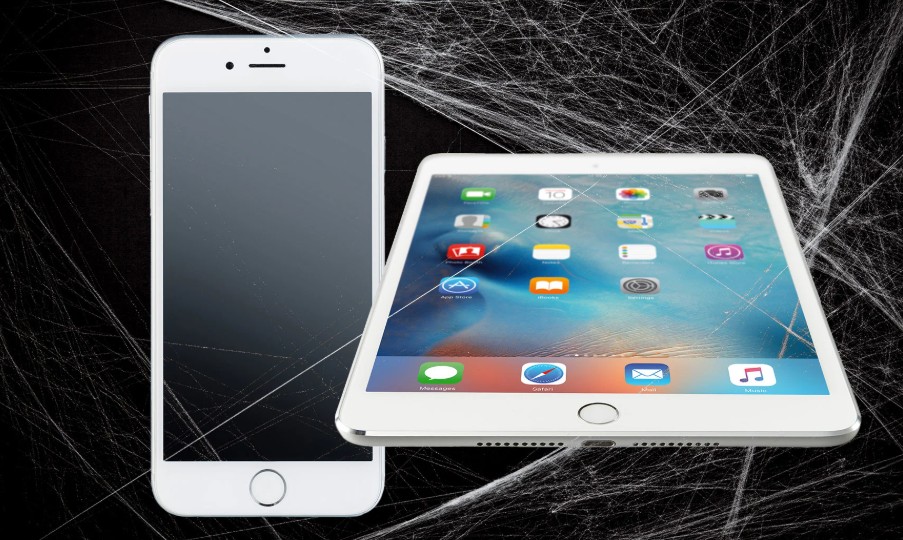Every iPhone is marked with a label indicating its design origin in California.
While this sleek device, integral to many aspects of our lives, is indeed designed in the United States, its production likely occurs thousands of miles away in China. This nation has been significantly impacted by the tariffs imposed by former US President Donald Trump, which have escalated to 245% on certain imports from China.
Apple sells over 220 million iPhones annually, with estimates suggesting that approximately 90% of these devices are manufactured in China. It is in this country that many components for Apple products are produced, sourced, and assembled into iPhones, iPads, and MacBooks, most of which are then shipped to the United States, Apple’s largest market.
Fortunately for the company, Trump recently exempted smartphones, computers, and several other electronic devices from these tariffs.

However, this reprieve may be temporary.
The president has indicated that additional tariffs may be forthcoming, stating, “NOBODY is getting ‘off the hook’,” on Truth Social, as his administration examines “semiconductors and the WHOLE ELECTRONICS SUPPLY CHAIN.”
The global supply chain that Apple has previously highlighted as a strength is now revealing itself as a potential weakness.
The interdependence between the US and China, the two largest economies in the world, has been disrupted by Trump’s significant tariffs, raising the pressing question: which country is more reliant on the other?
From Lifeline to Liability
China has greatly benefited from hosting assembly lines for one of the world’s most valuable companies, serving as a testament to quality manufacturing and fostering local innovation.
Apple began its operations in China in the 1990s, initially selling computers through third-party suppliers.
In 1997, as the company faced near bankruptcy while struggling against competitors, Apple discovered a lifeline in China. The emerging Chinese economy was opening its doors to foreign companies, aiming to enhance manufacturing capabilities and generate more employment opportunities.
It wasn’t until 2001 though that Apple officially arrived in China, through a Shanghai-based trading company, and started making products in the country. It partnered with Foxconn, a Taiwanese electronic manufacturer operating in China, to make iPods, then iMacs and subsequently iPhones.
As Beijing began trading with the world – encouraged by the US no less – Apple grew its footprint in what was becoming the world’s factory.

Back then, China was not primed to make the iPhone. But Apple chose its own crop of suppliers and helped them grow into “manufacturing superstars,” according to supply chain expert Lin Xueping.
He cites the example of Beijing Jingdiao, now a leading manufacturer of high-speed precision machinery, which is used to make advanced components efficiently. The company, which used to cut acrylic, was not considered a machine tool-maker – but it eventually developed machinery to cut glass and became “the star of Apple’s mobile phone surface processing,” Mr Lin says.
Apple opened its first store in the country in Beijing in 2008, the year the city hosted the Olympics and China’s relationship with the West was at an all-time high. This soon snowballed to 50 stores, with customers queuing out of the door.
As Apple’s profit margins grew, so did its assembly lines in China, with Foxconn operating the world’s largest iPhone factory in Zhengzhou, which has since been termed “iPhone City”.
For a fast-growing China, Apple became a symbol of advanced Western tech – simple yet original and slick.
Today, most of Apple’s prized iPhones are manufactured by Foxconn. The advanced chips that power them are made in Taiwan, by the world’s largest chip manufacturer, TSMC. The manufacturing also requires rare earth elements which are used in audio applications and cameras.
Some 150 of Apple’s top 187 suppliers in 2024 had factories in China, according to an analysis by Nikkei Asia.
“There’s no supply chain in the world that’s more critical to us than China,” Apple’s CEO Tim Cook said in an interview last year.








